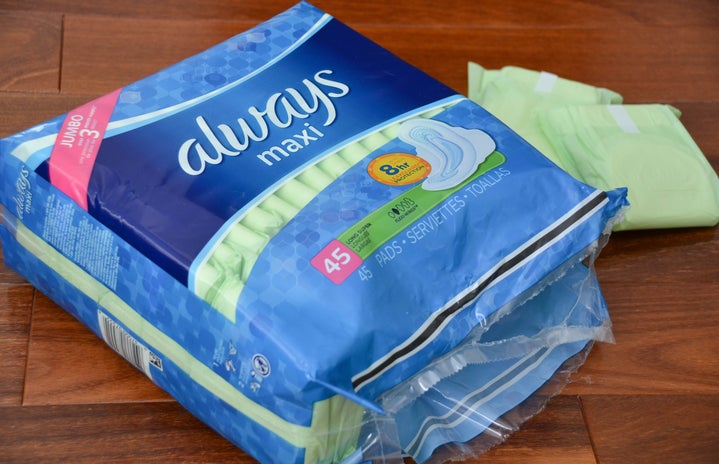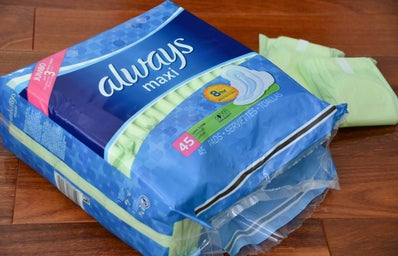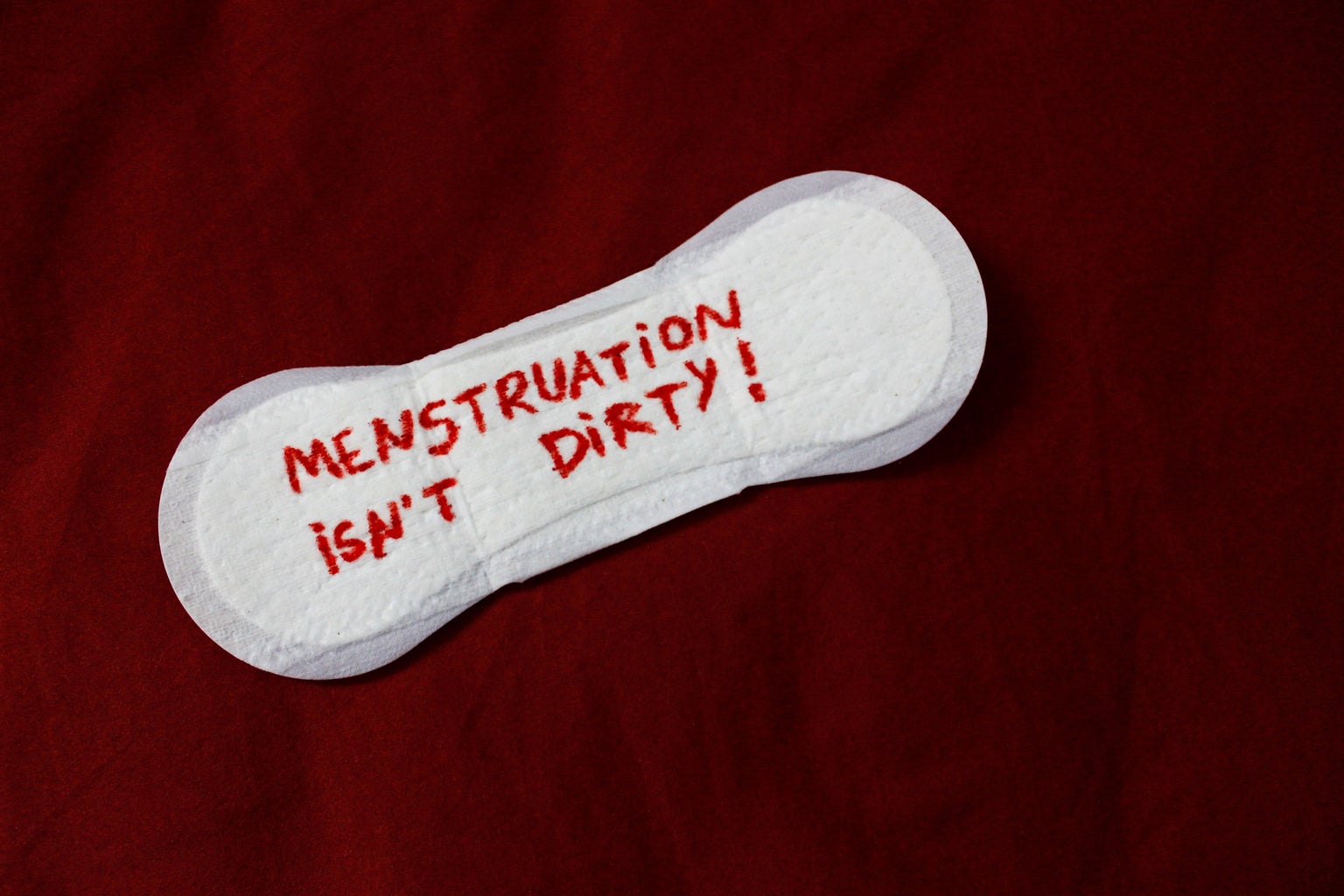International Women’s Day is a critical time to raise awareness of period insecurity and advocate for improved menstrual health conditions for all girls and women worldwide. Period insecurity is a severe problem affecting millions of people, with serious ramifications for their health, education and economic potential. Many of us in the United States who shop at places like Target are overwhelmed by the variety of menstrual products available, including 100% cotton pads, essential oil-infused pads, tampons, menstrual cups and even menstrual discs. Not to mention, the influx of sustainable products such as reusable pads. Those who are of a lower socioeconomic class or who live in third-world countries, on the other hand, frequently endure the effects of period insecurity.
Period insecurity is a widespread problem that affects many countries. The issue can occur in many impoverished nations due to a lack of access to menstrual products and proper sanitary amenities. Individuals who menstruate may be compelled to utilize risky and unhygienic materials such as rags or leaves during their periods, or they may be forced to miss school or work. According to the Borgen Project, “In India, for example, 64% of menstruators do not have access to menstrual supplies. Many girls and women are forced to use old rags, newspapers or even ash during their periods.” This can lead to infections and other health problems. Also, according to Compassion International, they suffer comparable challenges in Kenya. The organization reports that, “Due to a lack of access to menstruation products and sufficient hygiene practices, up to “50% of female students frequently miss school during their periods.”
You may feel compelled to assist menstruators now that you have a greater grasp of period insecurity in other nations. There are a few solutions to the problem, which are as follows.
Daysforgirls at UCLA is a great place to start. Every quarter, they host Period Packing socials in which students come together to create menstrual kits which are given to homeless menstruators in the LA area.
Additionally, you can seek out the Pad Project chapter here on campus. According to the Pad Project’s website, “The Pad Project at UCLA is a chapter of the global nonprofit The Pad Project, which works to create and cultivate local and global partnerships to end period stigma and to empower women and all menstruators worldwide. Club members will take part in a variety of service opportunities to broaden their own knowledge on menstrual equity and period poverty and to educate the community around them. This is included but is not limited to screenings of The Pad Project’s documentary, Period. End of Sentence, pad drives and fundraisers.”
Zana Africa Foundation is yet another place in which you can make an impact. They accept donations, but there are other ways to get involved in fighting period poverty and supporting menstruators in Kenya.
Find out more here: http://www.zanaafrica.org/
While these are only a few options for combating period poverty, I suggest that you look into more options if you have the resources to help. We are all aware of how difficult menstruation can be, and while we are fortunate to have resources to help us, not all menstruators do. During this month of womanhood, search for other people who are experiencing period poverty and do your best to support them.



